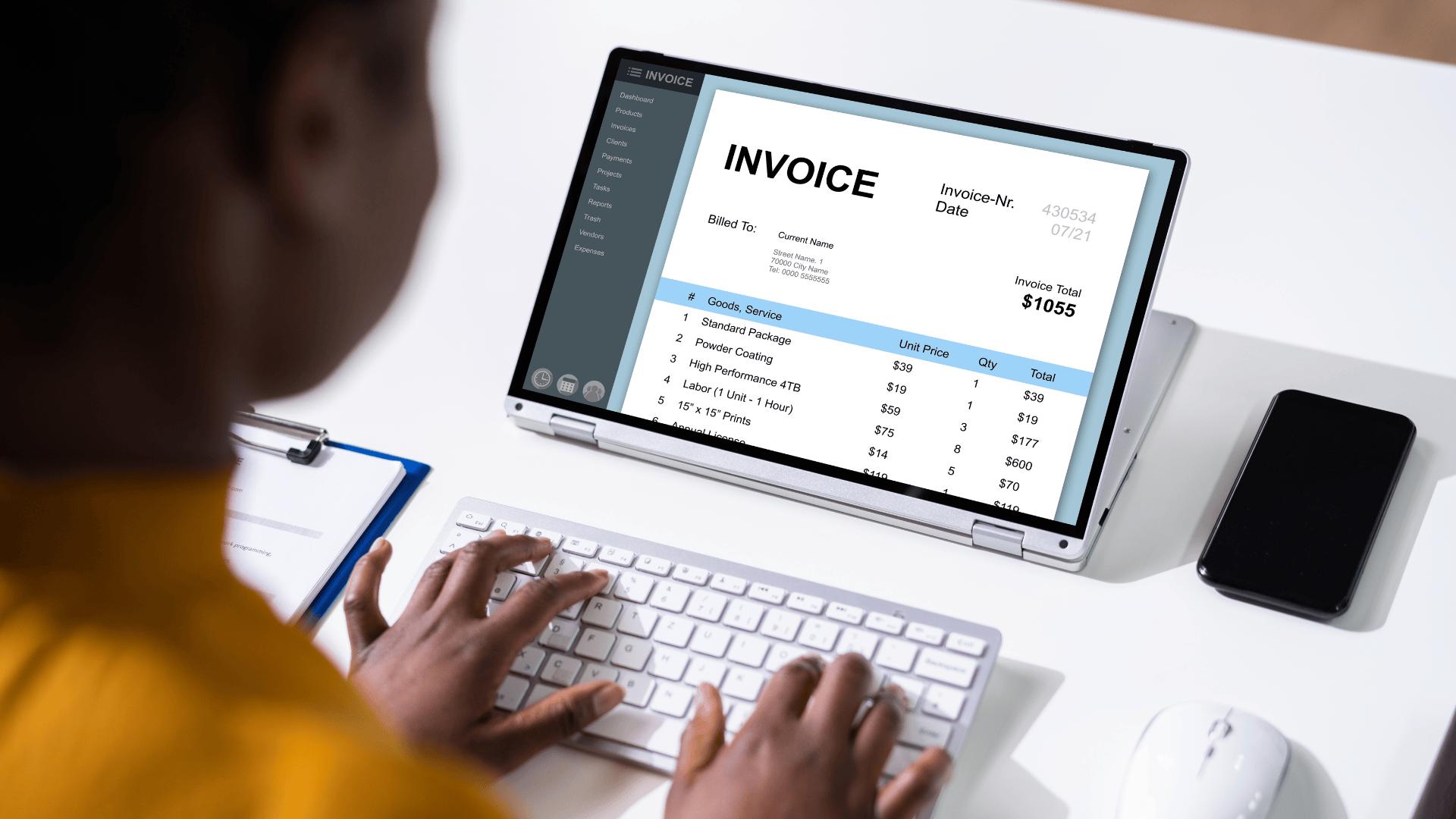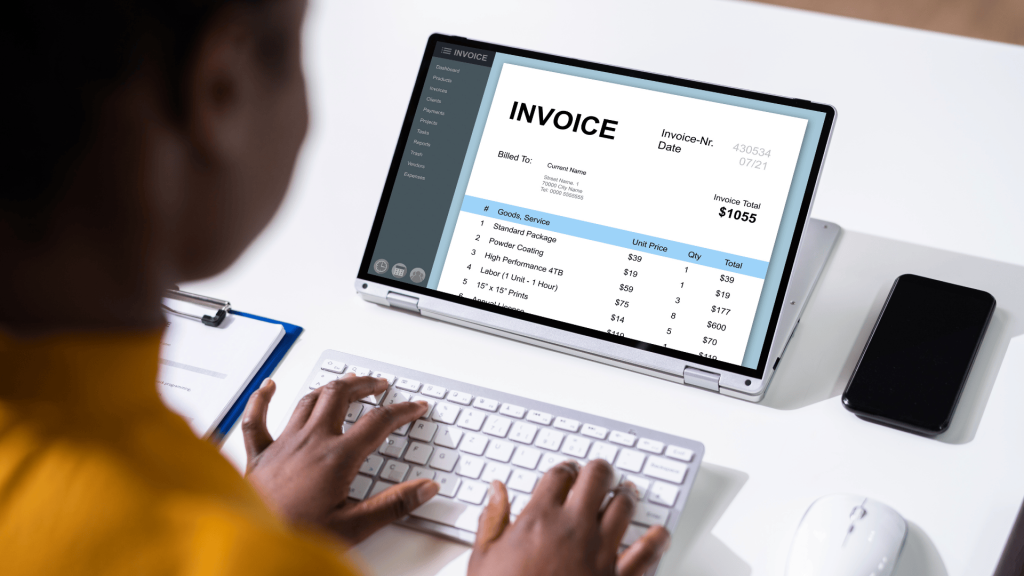Key Takeaways
- Invoice finance provides immediate access to funds tied up in unpaid invoices.
- It offers flexibility without adding debt to the balance sheet.
- Technological advancements are making invoice finance more accessible and efficient.
Managing cash flow can be one of the most persistent and complex challenges that small businesses face in today’s competitive environment. Most small business owners have encountered the frustration of waiting on late payments or navigating extended invoice terms, which often interfere with their ability to meet day-to-day expenses or to invest in growing their operations. These cash flow gaps can put enormous pressure on business continuity, impacting payroll, supply chain management, and the capacity to seize new opportunities. Now, innovative solutions like Invoice Finance are rapidly transforming how small businesses overcome these financial bottlenecks. By unlocking capital tied up in unpaid invoices, invoice finance empowers entrepreneurs to maintain liquidity, adapt swiftly to change, and operate with greater confidence in volatile markets.
Leveraging invoice finance provides businesses with an immediate and substantial boost to their working capital, freeing up resources that can be used to pay suppliers, manage payroll obligations, and reinvest in essential operations. Instead of enduring the limbo of unpaid invoices and potentially missing out on critical opportunities, business owners have the flexibility and funds to support ambitious expansion plans or respond to unexpected expenses. This significant evolution in business funding is redefining the landscape for small enterprises, underpinning not only day-to-day financial well-being but also enabling sustainable long-term growth and resilience in the face of ongoing market uncertainties.

Understanding Invoice Finance
Invoice finance is a versatile financial tool that allows businesses to access a significant portion of the money owed to them by clients almost as soon as invoices are issued. By using unpaid invoices as collateral, businesses can secure quick funding—often within just 24 to 48 hours—rather than waiting the full length of standard payment terms, which can extend for 30, 60, or even 90 days. This kind of immediate cash injection can mean the difference between merely surviving and thriving during pivotal moments in a company’s trajectory, especially for small firms that typically operate with slim cash reserves. According to Investopedia, invoice financing enables companies to enhance their liquidity without waiting for customers to settle their accounts, making it a strategic alternative to traditional loans.
With invoice finance in place, business owners can cover operational expenses, pursue promising new projects, and navigate unforeseen costs with a level of security that would otherwise be difficult to achieve. Consistent and predictable cash flow enables companies to build trust with suppliers and staff, unshackling them from the unpredictability associated with late payments. This peace of mind is invaluable, empowering management to focus energy on business development, innovation, and long-term planning, rather than continually reacting to short-term financial constraints.
Types of Invoice Finance
It’s important to recognise that invoice finance is not a one-size-fits-all solution. Businesses can select from several types of invoice finance, each catering to distinct operational needs and cash flow cycles:
- Invoice Factoring: In this model, a business sells its outstanding invoices to a specialist finance company (the factor). The factor typically advances most of the invoice value up front and assumes responsibility for collecting payment directly from the end customer. This solution can significantly streamline accounts receivable processes and reduce administrative burden; however, it’s essential to consider the impact on customer relationships, as the finance company will be handling client interactions on your behalf.
- Invoice Discounting: In this approach, a business retains control over its customer ledger and collection processes while borrowing against the value of unpaid invoices. When customers pay, the advances are settled with the finance provider. This option enables businesses to maintain their privacy and autonomy in customer transactions, as financial matters are typically confidential.
- Selective Invoice Finance: This highly flexible model allows businesses to choose which particular invoices to finance, rather than having to finance their entire book. Selective invoice finance is ideal for companies facing occasional or seasonal cash flow gaps, as it provides the ability to inject capital precisely when and where it’s needed without a long-term commitment.
Benefits for Small Businesses
Embracing invoice finance delivers small businesses a range of transformative benefits that reach far beyond simply bridging temporary cash flow gaps:
- Improved Cash Flow: By accessing funds tied up in outstanding invoices within as little as two days, small businesses can reliably meet day-to-day operational obligations. This rapid access to working capital can be a game changer, enabling companies to take advantage of timely bulk purchasing discounts, fulfill bigger orders, or simply ensure a steady payroll cycle. According to U.S. News, invoice financing provides a flexible solution for companies to enhance their cash flow without incurring traditional debt, making it a practical option for managing short-term financial needs.
- No Additional Debt: Unlike traditional loans that increase liabilities on the balance sheet, invoice finance is not considered extra debt—it is an advance on money already owed to your business. This structure maintains the financial health of your balance sheet, supporting access to future credit and keeping borrowing costs in check.
- Flexibility: Businesses are empowered to decide when and which invoices to finance, providing full control over their funding strategy. This means you can tailor your use of invoice finance to match your sales cycles, industry trends, or unexpected cash flow interruptions without being locked into rigid agreements.
Technological Advancements Enhancing Invoice Finance
The modern boom in invoice finance is closely tied to broader technological advancements in the financial sector. As the landscape rapidly evolves through digital transformation, securing and managing finance becomes more straightforward, transparent, and efficient:
- Digital Platforms: Online platforms have revolutionised the application process for invoice finance. From onboarding to approval, digital solutions have dramatically reduced paperwork, accelerated decision-making, and made access to funds available with unprecedented speed, often in under a day.
- Artificial Intelligence: The integration of AI analytics enables on-the-spot credit checks and automated risk assessments. These technologies can also flag potentially fraudulent or duplicate invoices, giving lenders and businesses greater confidence in each transaction and ultimately fostering a more secure and user-friendly experience.
- Blockchain Technology: Blockchain is increasingly being used to underpin data security and invoice transparency. By providing an immutable, tamper-proof ledger, this technology minimizes the risks of fraud, errors, or duplicate financing, thereby elevating trust between all parties involved in the invoice finance process.
Choosing the Right Invoice Finance Provider
With the growing popularity of invoice finance, an increasing number of providers are entering the market. Selecting the right partner is a strategic decision that requires careful research and clear criteria:
- Transparent Fees: It is essential to choose a provider that fully discloses all associated fees from the outset. Clarity on costs prevents unpleasant surprises and helps you compare offerings on a like-for-like basis.
- Flexibility: The most effective providers are those offering tailored solutions, allowing your business to finance only what is needed and adapt the arrangement as your requirements evolve.
- Reputation: Investigate independent reviews and testimonials from other business owners. A reliable provider should demonstrate a solid track record in customer service, timely funding, and transparent communication, ensuring you have a trusted financial partner for the future.
Conclusion
Invoice finance is increasingly being recognized as a strategic and dynamic financial solution for small businesses across all industries. By providing fast and reliable access to working capital—without burdening the balance sheet with new debt—invoice finance supports both the daily operations and long-term growth of ambitious enterprises. Understanding how invoice finance works, exploring the different solutions available, and staying informed about cutting-edge technology in this space are all critical steps in managing cash flow confidently and effectively.









